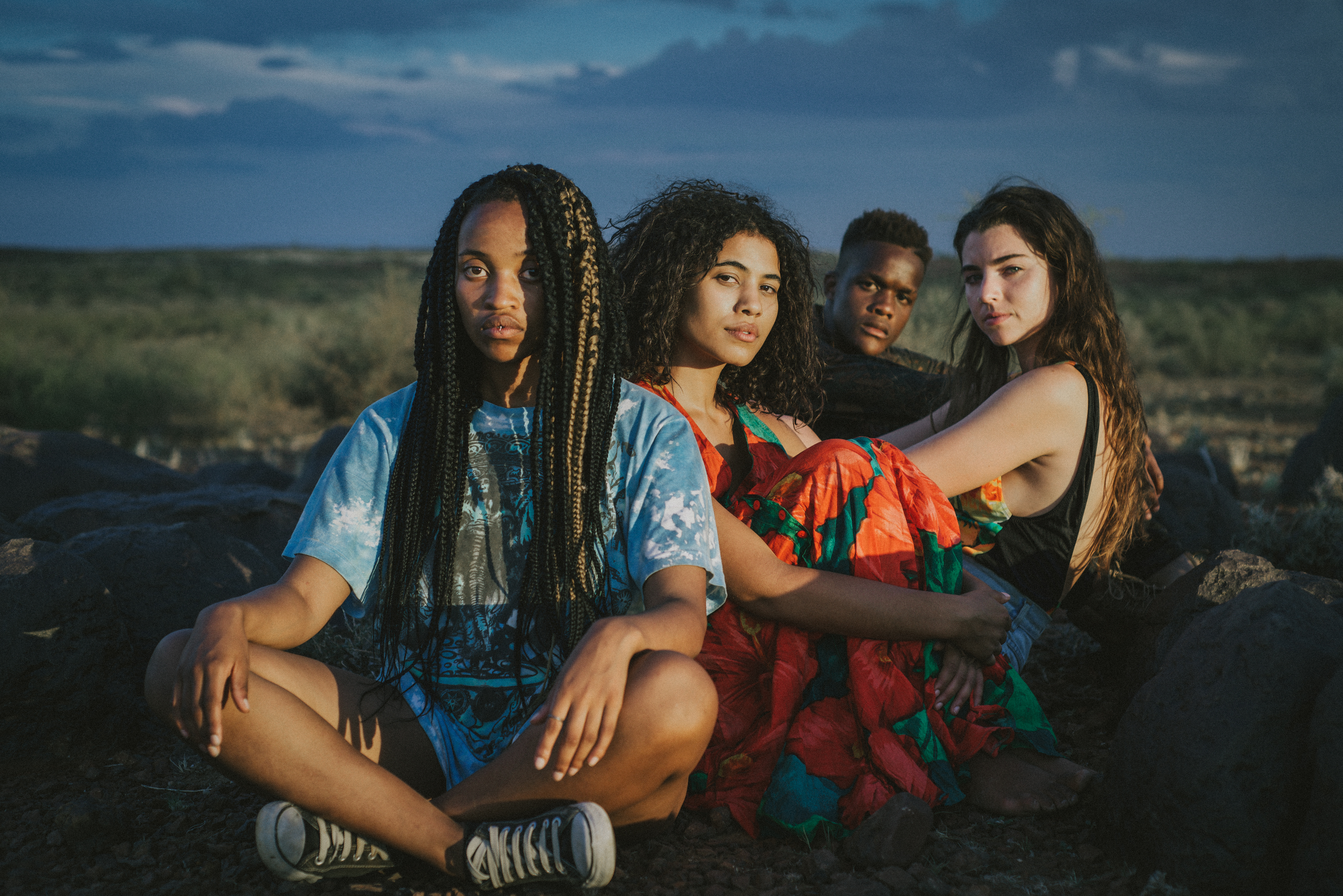South Africa’s Jenna Bass Explores Race, Class and Gender in ‘High Fantasy’
By Christopher Vourlias
LOS ANGELES (Variety.com) – As Hollywood’s diversity problems have provoked a reckoning everywhere from the writers’ room to the boardroom, South African helmer Jenna Bass has asked what it’s like to literally inhabit someone else’s skin.
In “High Fantasy,” which arrived at Berlin as part of the Generations program, Bass examines thorny issues of South African identity in a satirical thriller about a group of young travelers who mysteriously swap bodies on a camping trip.
Shot on iPhones using a largely improvised script, the helmer’s sophomore feature is a low-fi exploration of the messy tangle of race, class and gender identity in modern-day .
It’s a timely film when viewed through the lens of broader global movements like Black Lives Matter and #MeToo, although Bass says the movie is firmly rooted in the “observable daily reality” of South African society. “If you live in South Africa, these things hit you very hard on a daily basis,” she says.
By Berlin, the film’s reception since its world premiere last year, as part of Toronto’s youth-focused Next Wave program, had buoyed the 31-year-old helmer, who says the movie was “made in a different kind of filmmaking language, with the aim of addressing young people.”
For her next film, Bass said at Berlin that she was reimagining the Western with an all-female lead cast, set in the badlands of South Africa’s Karoo desert. “Flatland” would upend the tropes of a well-worn genre by looking at what it means to be a woman in the Wild West, offering Bass a chance to explore “the one thing I never got from a Western…and that I could contribute to a Western,” she says.
While such a narrative conceit might feel particularly timely, Bass is quick to frame it within the context of deeply rooted systemic challenges. “It is more relevant than ever, but this problem was there yesterday, and the day before yesterday, and the day before that,” she says.
The challenges are particularly stark in South Africa. Last year, the industry body SWIFT (Sisters Working in Film and Television) released a damning report about the challenges facing women in film and TV, with 78% of those polled saying they faced gender discrimination in the workplace — with many alleging instances of sexual harassment, and even rape.
The report prompted calls for change from a range of voices across the industry, but Bass says greater strides can be taken in “employing more women in positions of importance and creative power.”
To that end, Bass said in February that she was establishing what she describes as an “alternative film school” that challenges the way film has been traditionally taught in South Africa. The weekly classes, she says, are a step toward “decolonizing education” and recognizing how race, gender, class and sexuality all play a role in determining who gets opportunities in the South African film biz.
“I don’t feel like things are changing fast enough,” she says. “People who are marginalized…are going to remain there.” When the industry “is properly transformed on all levels…then we can talk about an actual change being made.”

